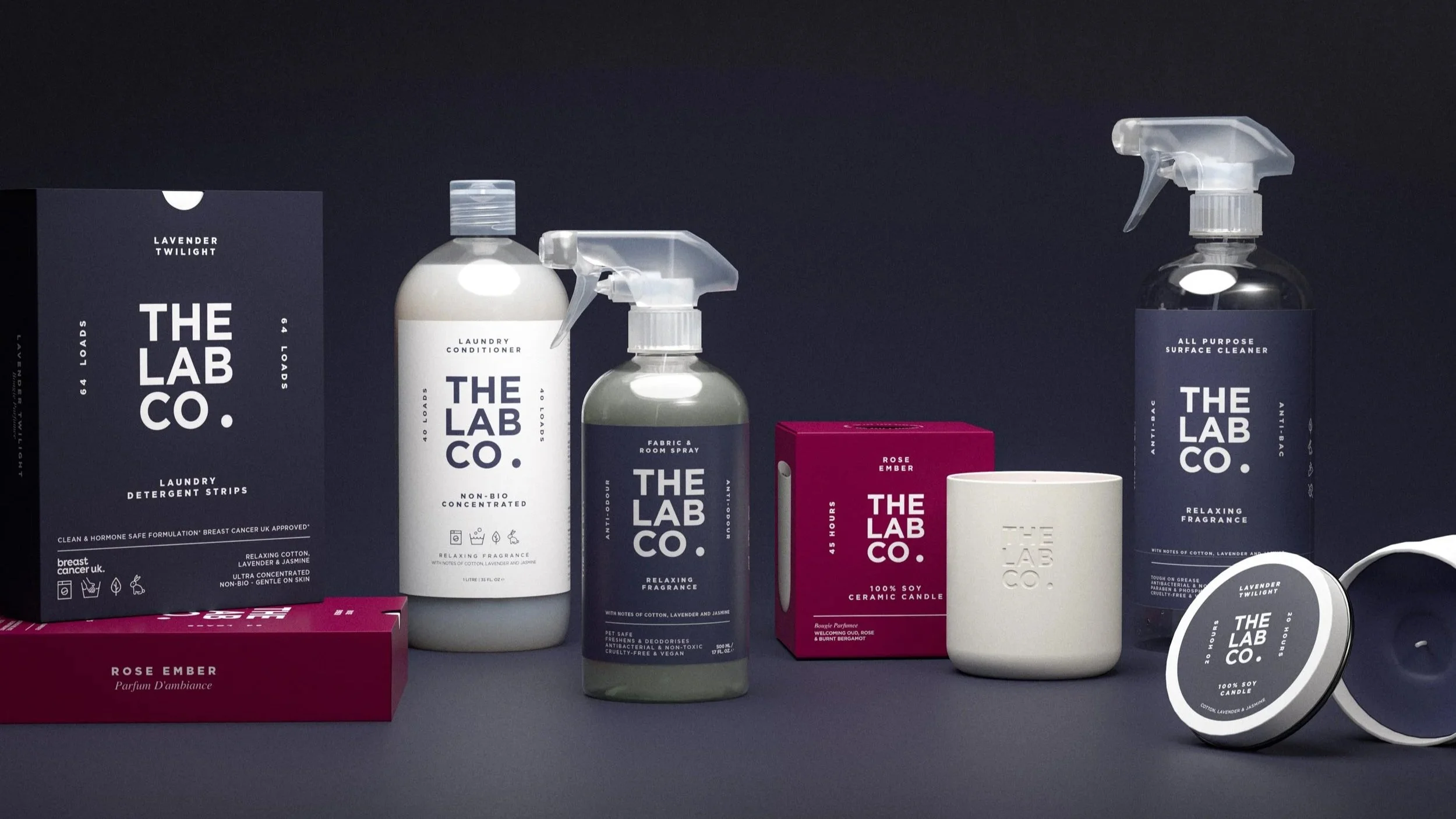Sarah’s Health Notes: Top tips for defending yourself against viruses
Yes, it’s the C-word again but no, we don't mean cancer this time. The coronavirus has taken over the front of everyone’s mind (even the PM now, it seems). The bottom line is that, although it’s highly contagious, there are steps we can all take to protect ourselves.
That’s important for all of us but please remember that more than 80 per cent of people infected develop only mild symptoms, such as a cough and a temperature. However, people with compromised immune systems owing to age or existing illnesses, such as heart disease or diabetes, are vulnerable to serious consequences.
The coronavirus appears to be passed by droplets emitted when infected people sneeze, cough or even talk. If you are within two to three metres of an infected person, you can breathe in the droplets, according to a briefing by Michael le Page in New Scientist.
Surfaces can also be contaminated by falling droplets, or by people coughing into their hand before, say, pressing a button. If you touch a contaminated surface and then your eyes, nose or face, you can become infected. Faeces may also carry the infection (think public and private lavatories.)
Please check the World Health Organisation site for more information, including when/how to wear a mask.
If you are in the UK and think you have symptoms, visit 111.nhs.uk
Here’s our list of DO’s and DON’Ts.
DO wear gloves, particularly on public transport and anywhere you come into contact with surfaces that others have touched. Knobs and handles are particular hot spots. Ideally, wear disposable ones but cotton ones you can wash daily work too. New research indicates that the virus can live up to nine days on plastic and paper - so we’re donning our Marigolds to open the mail.
DO wash your hands often and thoroughly with soap. This is vital whenever you have been out and about, or touching any surface that might be contaminated - and always before you touch other people or food. A whoosh around a dripping tap does not count, ever. Lather up with an anti-bacterial product such as Green People Manuka & Lemon Tea Tree Antibacterial Hand Wash/£13 for 300ml, which is gentle on hands. Spend 20 seconds hand-washing – that's ‘Happy Birthday to You’ twice over. Dry with paper towels or a warm air dryer. (If, like me, you wonder why use an antibacterial formula to protect against a virus, antibacs help defend against a range of organisms including viruses.)
DO use a hand sanitiser when you can’t wash your hands. upplies are short everywhere but Victoria Health offers Margaret Dabbs Hand Sanitiser/£12 for 30ml and £25 for 200ml, which contains the necessary 60% minimum denatured alcohol, plus botanicals including white water lily which has antimicrobial properties.
Recipe for home made hand sanitiser
If you can’t buy hand sanitiser, you can make your own with this recipe adapted from ingredients/amounts given by the US Centres for Disease Control to protect against coronavirus.
• 1 cup (about 240ml) isopropyl alcohol, at least 70% (find it online or at a chemist), 60% ethanol
• ½ cup (120ml) aloe vera gel
• 15 drops essential antibacterial essential oil, eg tea tree
Blend these together thoroughly until they form a homogenous gel. Sanitise spray dispenser by washing, drying, then spraying in a little left over alcohol and letting it sit until the alcohol has evaporated. Then pour in the gel. Label the container/s. Use enough to cover your hands (3ml is recommended, a small teaspoon) and work into every nook for 25-30 seconds.
DO keep nasal membranes moist. If you are flying or have any signs of nasal dryness, use JetZone Flight Spray/£13 for 15ml, to keep nasal membranes from drying and cracking. It helps relieve symptoms of common colds and sinusitis and helps prevent airborne infections.
DO make sure not to get very dry, cracked hands through washing with normal soap and/or using hand sanitisers (below). Cracks can be an entry point for infection, says pharmacist Shabir Daya. Mix a little antibacterial Fulvic Acid Nail Cream/£10 for 30 ml, which contains a base of coconut oil, tea tree oil and lemongrass oil, into your normal hand cream. If you have very dry hands anyway, mix into Gloves In A Bottle/£10.50 for 240 ml, a shielding lotion that bonds with the top layer of skin cells to form a barrier – acting like a pair of invisible gloves.
DO consider taking an immune-supporting supplement. Pharmacist Shabir Daya recommends Terranova Astragalus, Elderberry and Garlic complex/£19.20, formulated to boost immunity and protect against infection.
DON’T shake hands, hug or kiss people when you greet them.
DON’T stand near anyone who is coughing, sneezing or appears ill.
DON’T touch your face. Much harder than it sounds!
And stay well, readers.


